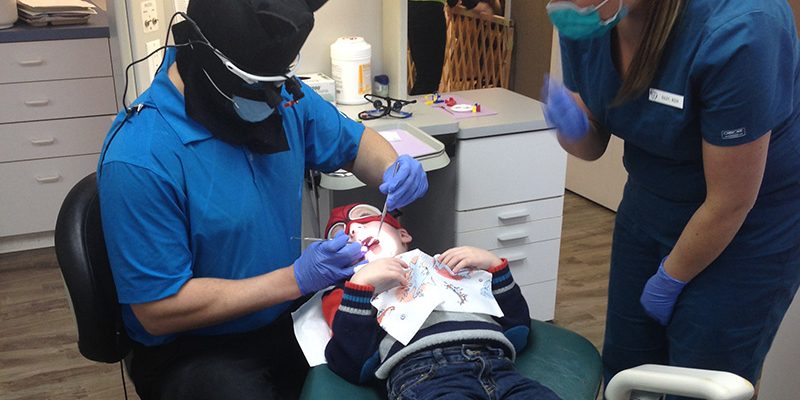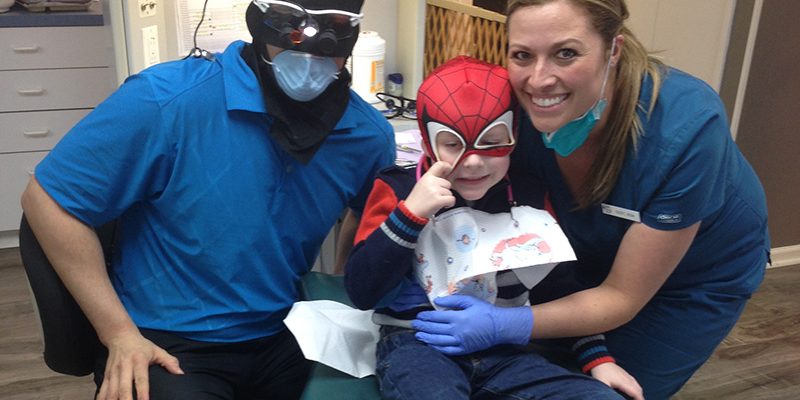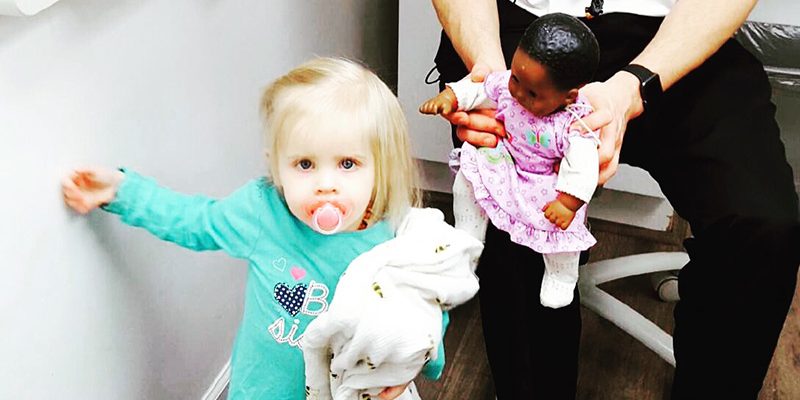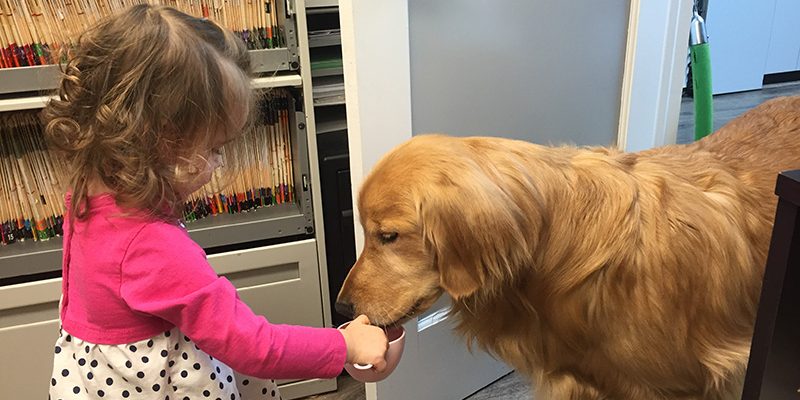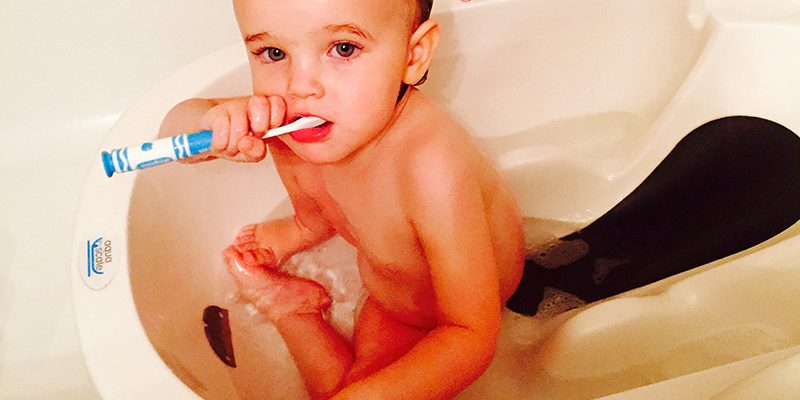Ann Arbor Kids
“We switched our entire family to Ann Arbor’s Dentist and our kids love it. They LOVE IT when they get to see Destin, the golden retriever mascot. By bringing in our youngest at 13 months, we were able to catch a problem early that could of caused many.”
Susan, Mike, Hayden, Emily, Destin (Ann Arbor)
TOOTH REMINERALIZATION
Biological Dentistry allows us to remineralize early cavities and avoid drilling on kids teeth. We will discuss using a combination of techniques, habits and natural supplements to halt the decay process and allow for proper development. More important, we will discuss nutrition, and diet with a focus on developmental supplements.
- Bioactive Calcium and Phosphate
- Sea Coral Calcium
- pH testing
- Bacteria Analysis
- Fermented Cod Liver Oil
- Silver Hydrosol
- MTHFR detox
- Alkaline Water Therapy
- Iodine
- Vitamin D
- Vitamin K
- Vitamin A
- Gum Detox
- Oil Pulling
- Ginko
- Bentonite Clays
- Tea Tree Oils
- Peppermint Oils
- Thieves Oil
- Oregano Oil
- Chlorella
- Spirulina
- Phytic Acid
- Weston A. Price
- Trace Minerals
- Apple Cider Vinegar
- Lyme
- Sodium Bicarbonate
- Bamboo Powder
- Aloe
- Cold Press Diet
- Magnesium
WE LOVE KIDS TEETH
Baby teeth are just as important as adult teeth! They are used for chewing, speaking, preserving space for adult teeth and appearance. Baby and adult teeth help shape the face while the child develops.
Improper care of baby teeth can lead to infections, pain, and damaged adult teeth. Many psychological problems can develop from children having damaged and “ugly” teeth. These serious problems can be easily prevented by teaching children proper oral health care and by providing regular check ups.
Baby teeth first appear between 6 and 12 months. Adult teeth begin appearing around age 6. By 12 to 15 years of age, children typically have all of their adult teeth.
Ann Arbor’s Dentist agrees with the American Dental Association and believes all children should see the dentist by their first birthday. Many developmental abnormalities can be diagnosed early, children become more comfortable and socialized around medical professionals, and oral health care techniques are taught to parents and demonstrated for children.
At their first visit, it is our goal to make your children feel comfortable and have a great experience. Your child’s medical history will be reviewed and all of your questions will be answered by our clinical staff. A complete oral examination and cranio-facial analysis will be provided looking at overall health, growth, and development. The gums and teeth will be analyzed by our dental professionals and a thorough cleaning will be provided. We will demonstrate proper techniques and show kids fun ways to take care of their teeth. We will teach you what to do if a tooth is knocked out or if your child has a dental emergency. We will discuss what teeth should be coming in next and if your child may be a candidate for braces.
Important Advice For Parents of Infants and Toddlers:
- First clean the baby’s teeth with a soft, damp, and warm wash cloth. Preferably a softened natural bamboo fiber.
- Never put the baby to bed with a “sippie cup” full of juice, milk, formula or anything acidic or sugary. These items will coat the teeth all night and create a bacteria feeding frenzy.
- If your child must fall asleep with a cup, then only place alkaline water in it.
- Have your water supply tested annually.
- If your baby falls asleep while breastfeeding, always wipe their teeth with a damp cloth after they are finished. Xylitol wipes are even better.
- Place a remineralizing tooth lotion on before bed time on clean teeth.
- It is normal for your baby to cry and fuss when your first start brushing their teeth. It is new and invasive to them. If you remain consistent and gentle, then they will begin to enjoy it. You want to use an age appropriate soft bristle/rubber toothbrush and a non-fluoridated toothpaste.
Also Avoid:
- Carrageenan
- Sulfates
- Soy
- Non Organic Silicates
- Sucrose
- Synthetic Dyes
- Preservatives
- Gluten
- And Anything that looks like it came from a chemistry textbook!
Fluoride Free Michigan Dentist
- The mouth is extremely good at absorbtion. If you don’t want it in the body then don’t put it in the mouth.
- Bring in your child’s oral health care products to their semi-annual visit for examination.
- Bring a one-week food diary, including frequency, into to your annual visit.


